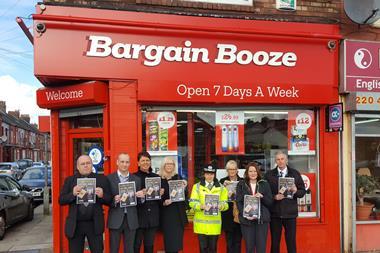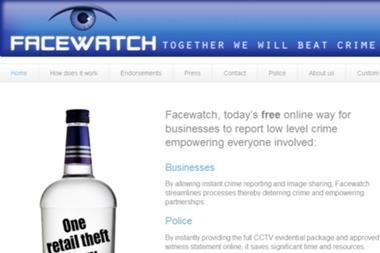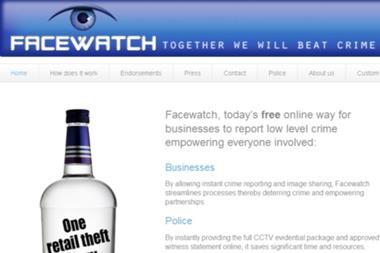National crime-reporting platform Facewatch has partnered with payment recovery firm Forecourt Eye in a bid to crack down on “record levels” of theft from petrol forecourts.
Theft from petrol forecourts, including so-called ‘drive off’ offenders increasingly operating in organised gangs, and motorists who claim to have no means of payment, is now costing petrol retailers more than £31m a year – an average of £3,600 per forecourt, according to Home Office figures.
Retailers signed up to the scheme can now benefit from a secure automatic number plate recognition (ANPR) system linked to CCTV cameras to identify suspect vehicles and send out automatic alerts to warn retailers of potential fuel theft threats.
It also enables them to submit moving and still CCTV images as evidence to the police and take remote payments from motorists who forgot to pay or filled up without any means of payment.
Facewatch founder and chairman Simon Gordon said: “Facewatch’s partnership with Forecourt Eye heralds a new era in the crack down on fuel theft. Using our technology, businesses can upload CCTV footage, images and information about suspects to compile digital evidence files, including witness statements, which can be instantly reported to police.
“Subscribers can also share pictures and number plates with local forecourts and use our secure ANPR system to receive alerts when known offenders drive into their forecourt.”
Facewatch is also planning to deploy new facial recognition software in the coming weeks.
The new feature will enable Facewatch subscribers to instantly and automatically share their images of ‘subjects of interest’ to watch lists, thereby allowing real-time alerting if someone entering a premises is a known offender.
Nick Fisher, CEO of Forecourt Eye said the partnership and new feature was “one of the most significant advances in crime-prevention in the petrol retailing industry in decades”.
Crown Prosecution Service common platform transformation director, Paul Whittaker said: “Systems such as Facewatch allow businesses to capture security-related and crime incidents and accompanying CCTV imagery in and around their premises. They can then analyse the data in order to help defend premises against future crime attempts, share ‘watch lists’ with other businesses and report incidents and statements to the police in the form of ‘digital evidence packages’.”
Stores looking to sign up to the service will have to pay a subscription with a tiered charging structure.






















2 Readers' comments